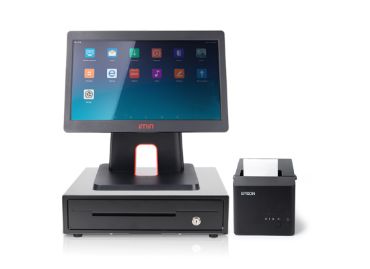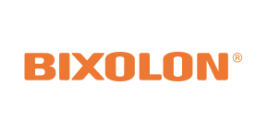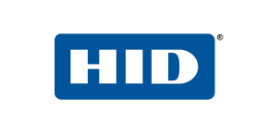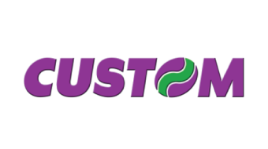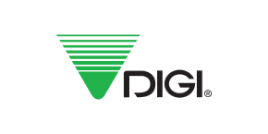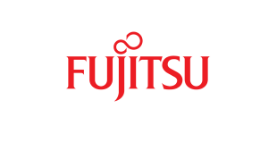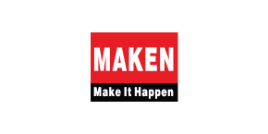Hardware by business
Choosing the right hardware for your business is crucial for ensuring operational efficiency, enhancing customer experience, and achieving your business objectives. Here's a breakdown of essential hardware by different types of businesses
1. Retail Businesses
- Point of Sale (POS) Systems: Including cash registers, barcode scanners, receipt printers, and touch screen displays.
- Payment Processing Devices: Credit card terminals and mobile payment devices.
- Inventory Management Systems: Handheld scanners and stock management software.
- Security Cameras: For theft prevention and safety.
- Digital Signage: For advertising products and in-store promotions.
2. Restaurants and Cafes
- Kitchen Display Systems (KDS): To streamline order processing and communication between the front and back of the house.
- POS Systems: Customized for restaurant use, including table management and order tracking features.
- Payment Processing Devices: For tableside payment options.
- Tablet Menus: Interactive menus for customer self-service.
- Refrigeration and Cooking Equipment: Industrial-grade kitchen appliances.
3. Service Providers (Salons, Spas, etc.)
- Appointment Booking Systems: Software for scheduling and managing appointments.
- POS Systems: For processing payments and managing customer data.
- Customer Relationship Management (CRM) Systems: For tracking customer preferences and history.
- Digital Display Boards: For service menus and promotions.
4. Offices
- Computers and Laptops: For all employees, suitable for their specific job functions.
- Printers and Copiers: Networked devices capable of handling the office’s printing needs.
- Networking Hardware: Routers, switches, and WiFi access points for internet and intranet access.
- Data Storage Solutions: Servers or cloud-based services for storing and managing data.
- Telecommunication Systems: VoIP phone systems and conferencing equipment.
5. Manufacturing and Warehouses
- Industrial Computers: Rugged devices that can withstand harsh conditions.
- Barcode Scanners and RFID Tags: For inventory tracking and management.
- Material Handling Equipment: Automated systems like conveyor belts and forklifts.
- Surveillance Cameras: For security and monitoring workflows.
- Environmental Monitoring Systems: To maintain optimal conditions for manufacturing or product storage.
6. E-commerce
- High-Performance Computers: For managing websites, customer service, and backend operations.
- Packing and Shipping Stations: Including label printers and scales.
- Photography Equipment: High-quality cameras and lighting for product photography.
- Data Analysis Tools: Software and hardware for analyzing customer data and trends.
Conclusion
Every business type has unique hardware needs based on its operational requirements and customer interaction methods. It's essential to assess your specific business needs, growth projections, and budget when deciding on the hardware investments to ensure that they support your business goals effectively.

































